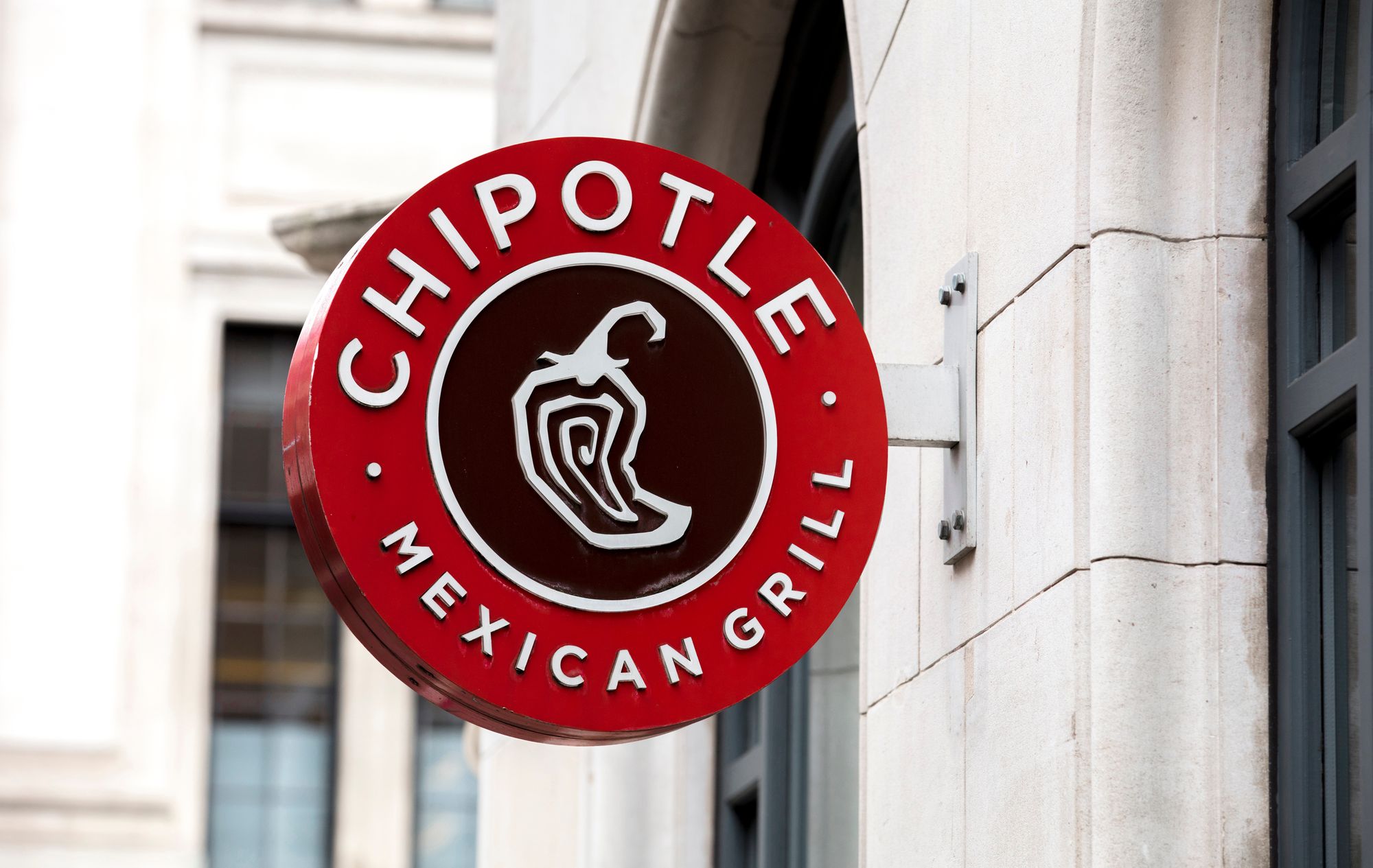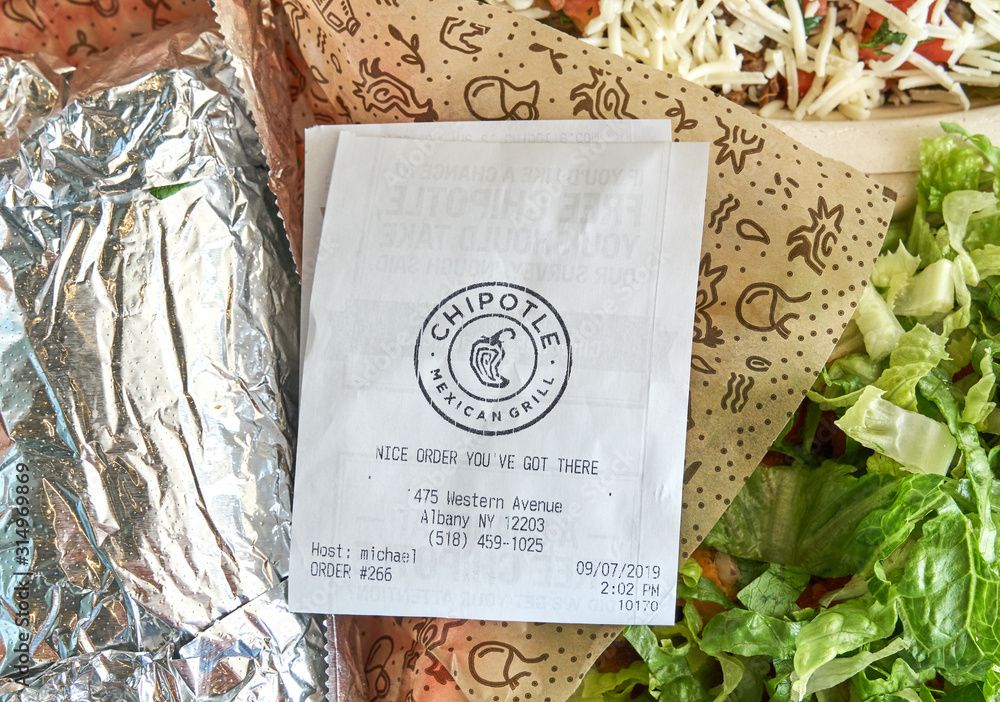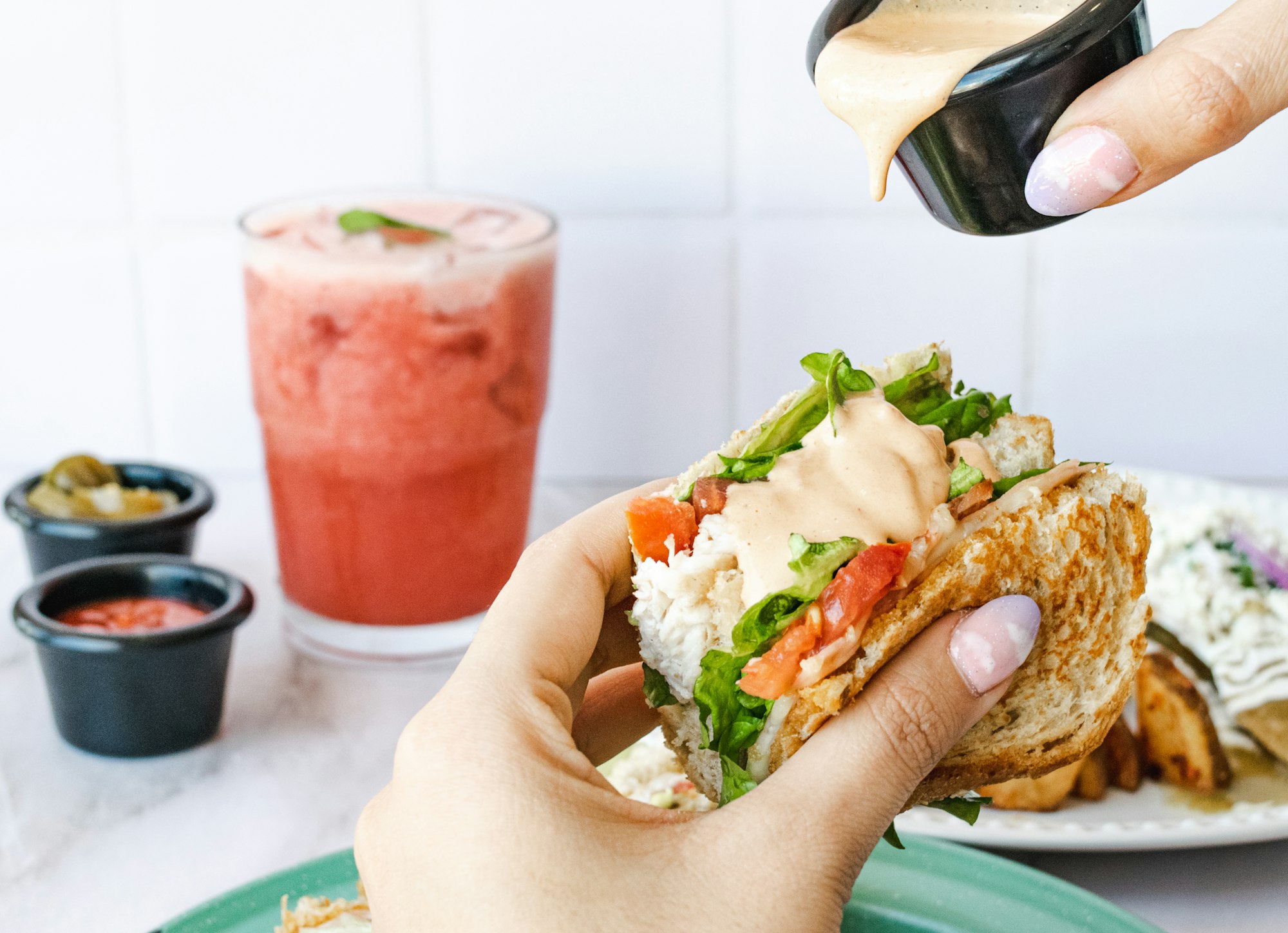Chipotle's $240,000 Settlement: A Win for Workers in Unionization Battle

The well-known fast-food chain faces the consequences of closing a Maine location that attempted to unionize.
In a recent landmark decision, Chipotle Mexican Grill agreed to pay $240,000 to its former employees after closing a restaurant in Maine that was unionizing.
This settlement serves as a reminder of the importance of respecting workers' rights and comes at a crucial time when labor rights are increasingly in the spotlight.

The Chipotle location in question closed its doors unexpectedly in August 2022, shortly after workers began organizing to form a union. The restaurant had been operating as usual, and there was no apparent reason for the closure. Workers alleged that the company had shut down the establishment in retaliation for their unionization efforts, prompting the National Labor Relations Board (NLRB) to launch an investigation into the matter.

After months of investigation and negotiation, Chipotle agreed to pay $240,000 to the former employees and post notices about the settlement in its remaining locations in Maine. This amount will be distributed among the affected workers based on factors such as their length of employment and lost wages.
The settlement is significant as it sends a clear message to Chipotle and other corporations that an attempt to intimidate or prevent workers from exercising their rights to organize will not be tolerated. This is especially important given the increasing focus on workers' rights and the growing fast-food industry unionization trend.

This settlement could have lasting implications for Chipotle and the fast-food industry as a whole. It serves as a warning to companies that they need to be more vigilant in respecting their employees' rights, particularly in an era where workers are becoming more aware of their power and demanding better working conditions.

Moreover, the Chipotle case may serve as a catalyst for other fast-food workers to push for unionization, a movement that has been gaining momentum in recent years. The success of these former employees in securing compensation might encourage other workers to stand up for their rights and seek the protection of a union.


The Chipotle settlement is a significant win for workers who seek to unionize, and it sends a powerful message to corporations that such actions will not be taken lightly. As the conversation around workers' rights and unionization continues to grow, it is crucial for companies to respect and support their employees' rights to organize, lest they face financial and reputational consequences.
Ultimately, the Chipotle case serves as a reminder that workers are increasingly standing up for their rights, and companies must adapt to this changing landscape by fostering a culture that values and respects the well-being of their workforce.


